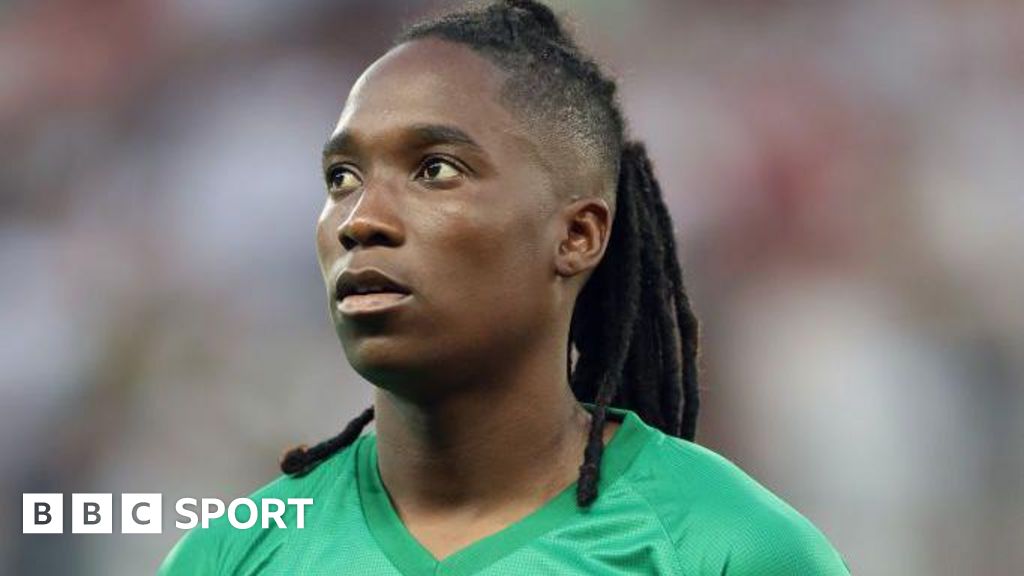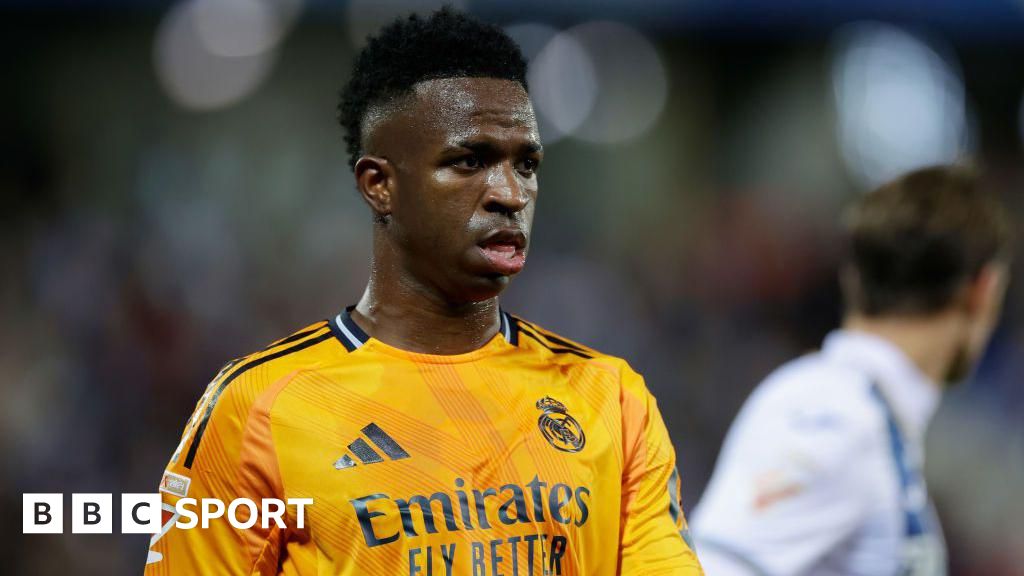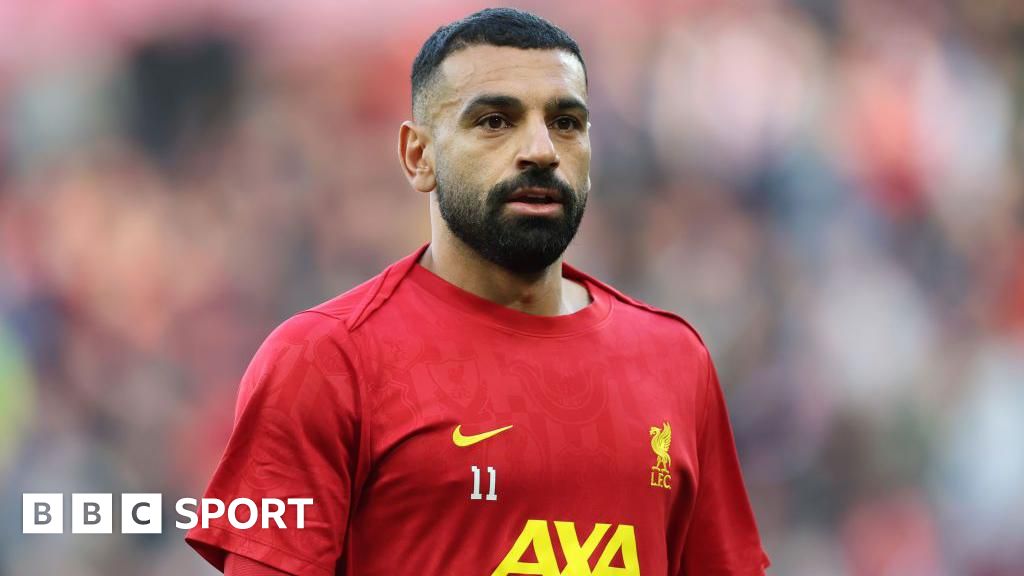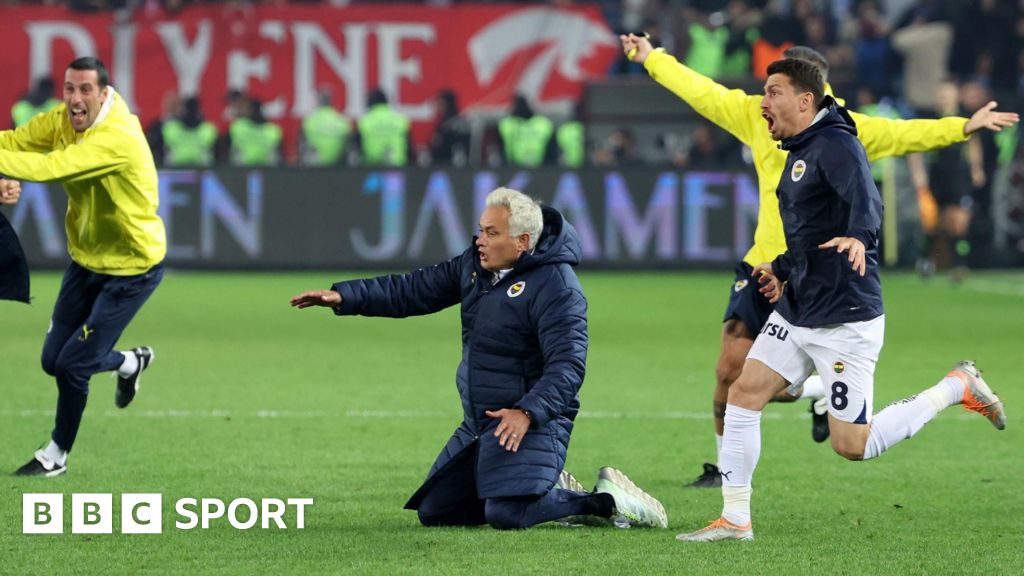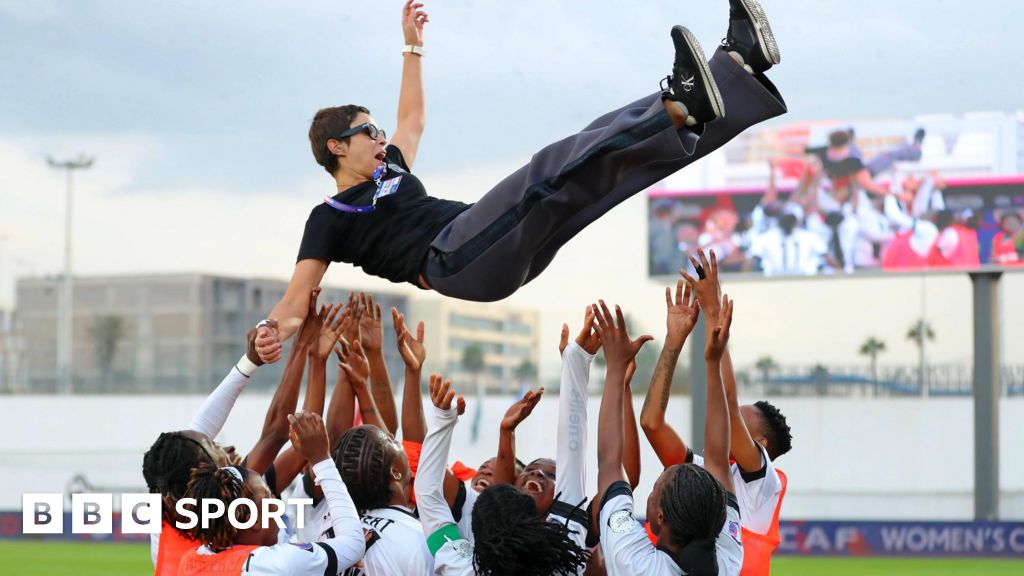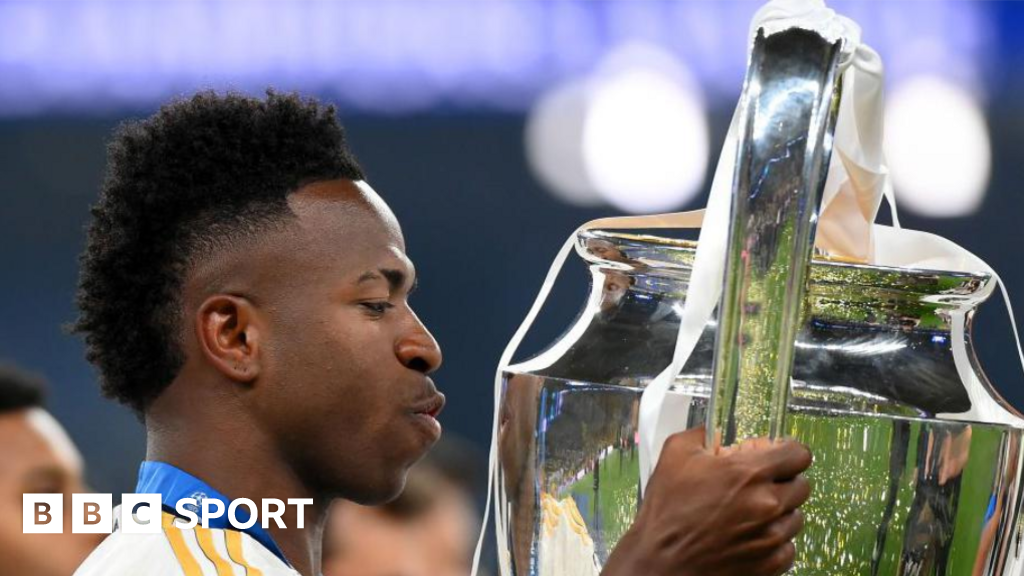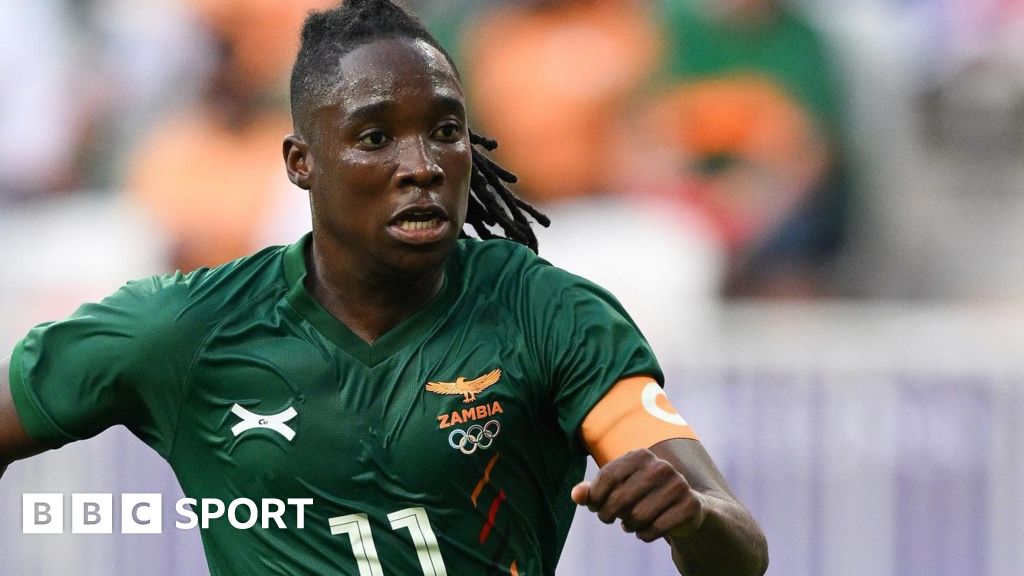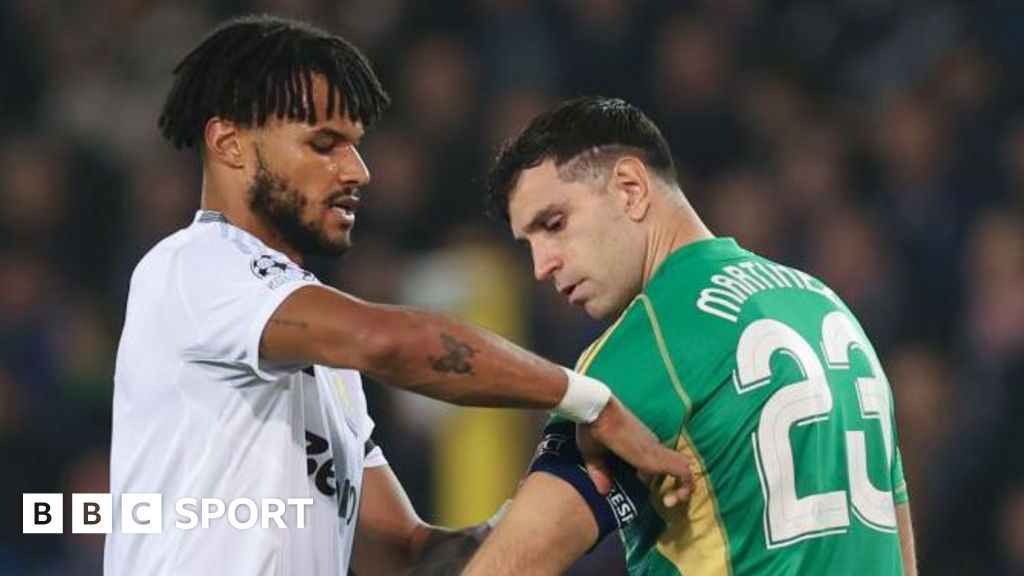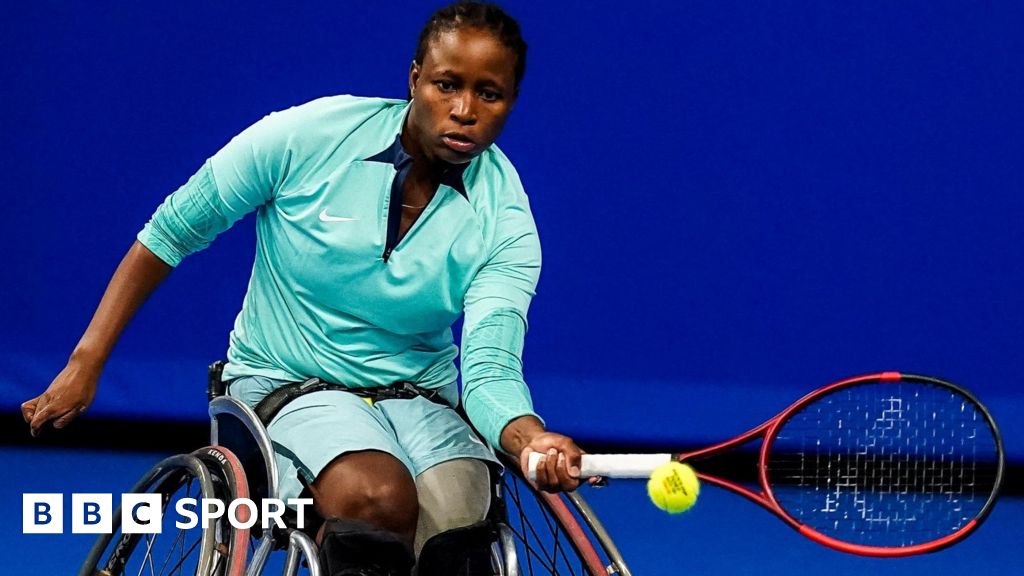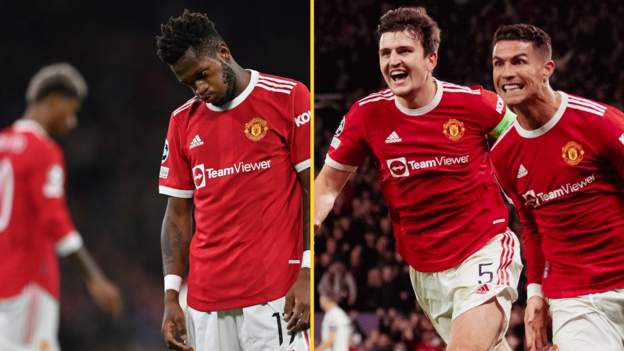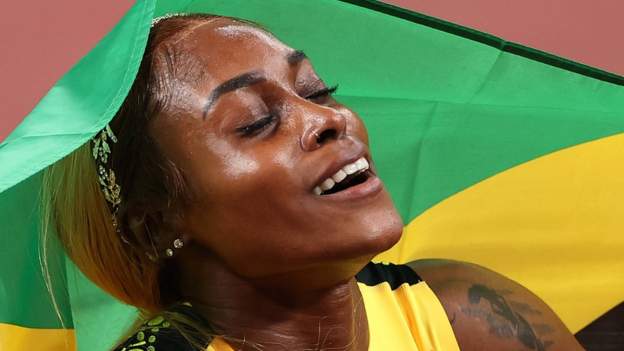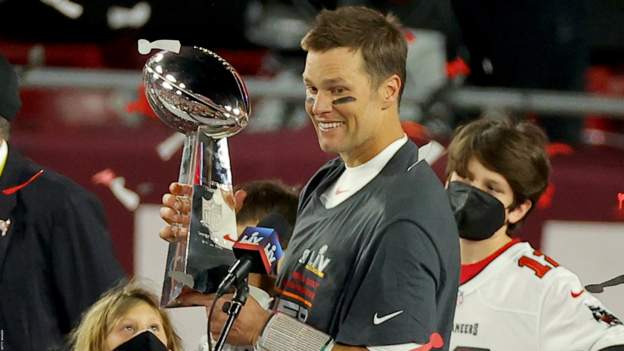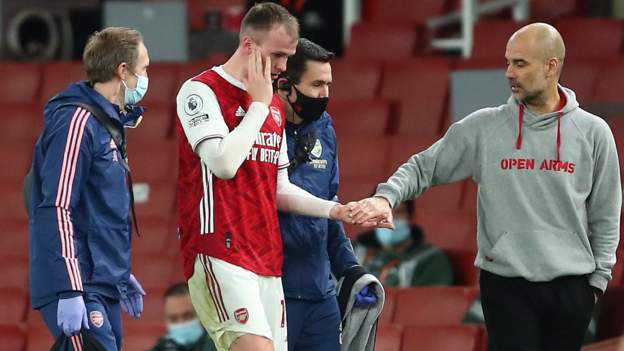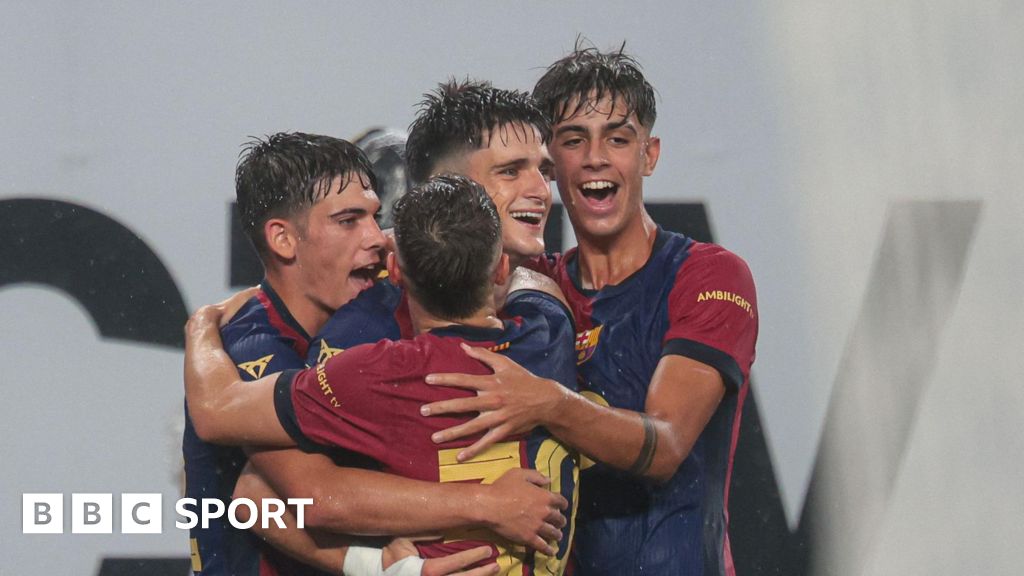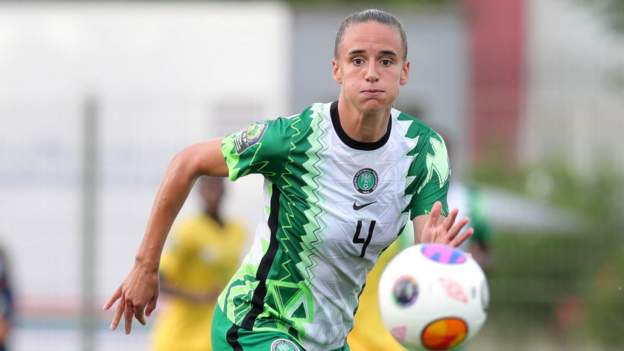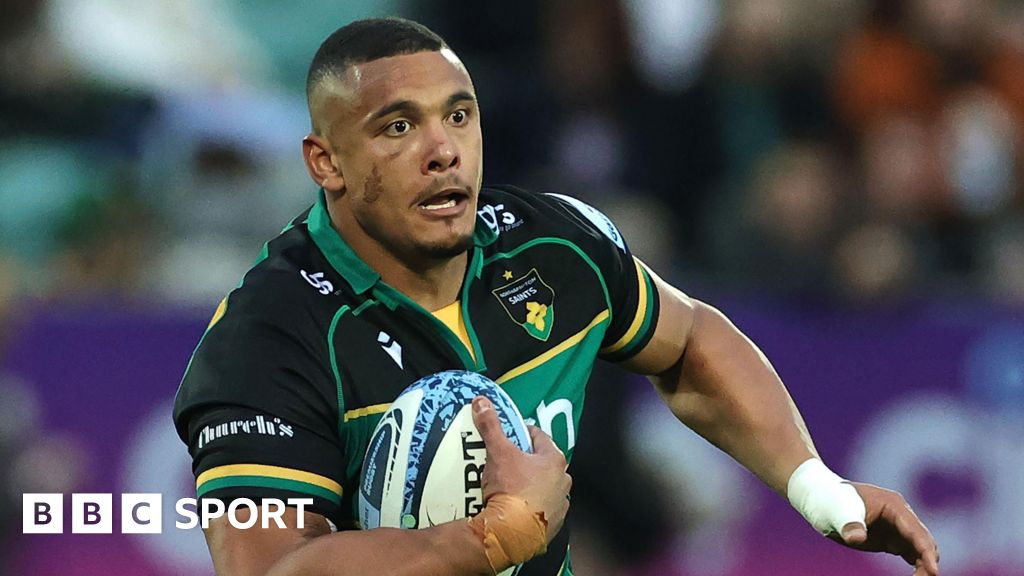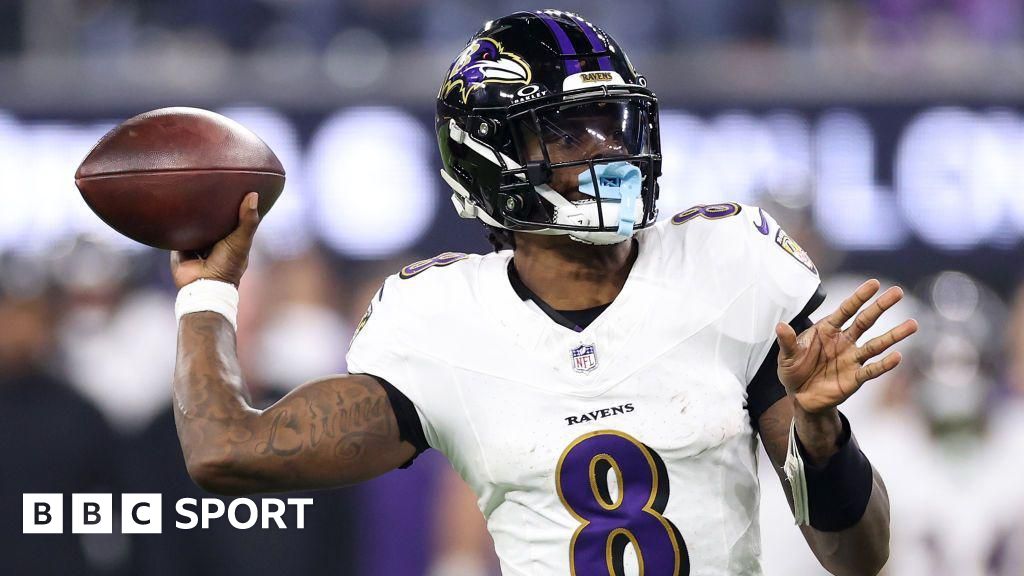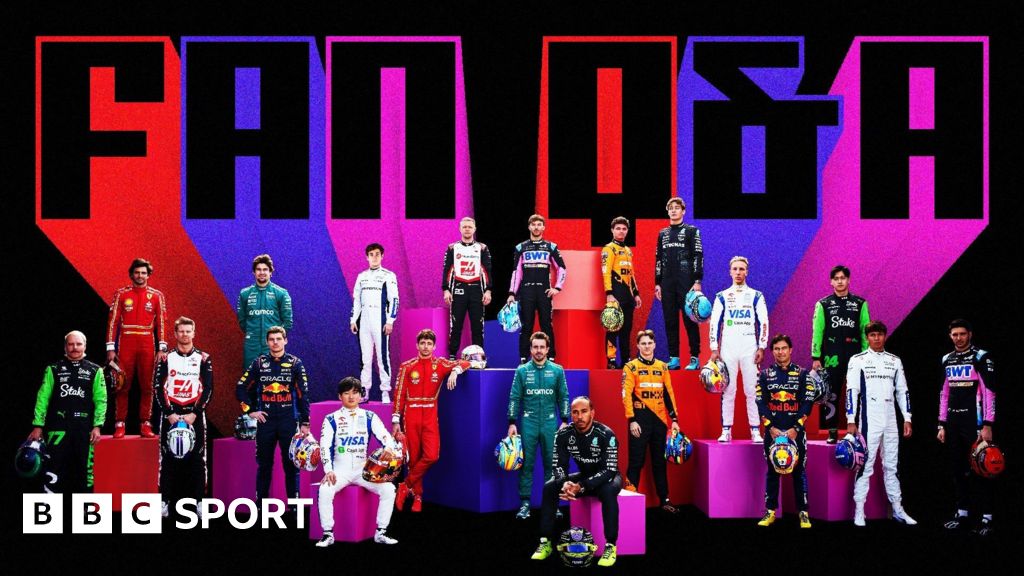The reaction to Manchester United’s 3-2 win over Atalanta was just about as confused as trying to sum up Ole Gunnar Solskjaer’s present status as manager.
Solskjaer thought they “played well” in the first half. Former United midfielder Paul Scholes described the same 45 minutes as “a major worry” and a period that would see them rolled over by Liverpool when they meet on Sunday.
Little wonder no-one has a clue what United team is going to turn up against Jurgen Klopp’s side, and that includes Solskjaer himself.
A pattern continued, though, in the latest of these famous European nights at Old Trafford.
Just when it seems Solskjaer’s back is against the wall and his status is becoming weak, his players produce a result to release the pressure.
It happened against Liverpool in October 2019 when, after a run of five games without a win, United dominated Klopp’s men and became the only side in the first two-thirds of the season to take a point off them.
Two months later, they had won one in four, and then defeated Tottenham and Manchester City to quell growing disgruntlement.
Last season, United had won once in five games before they went to City and won again.
Prior to this Wednesday’s game, they had won one in five – and that was a lucky success against Villarreal.
So, when widespread booing from a frustrated Old Trafford crowd emerged at the end of the first half, with his team 2-0 down and having conceded the type of routine goals that have become familiar in recent matches, Solskjaer seemed like a man on the edge.
Just over an hour later, Solskjaer was being serenaded by the “singing section” in the corner between the Stretford End and South Stand. They refused to go home until the manager – who had applauded them as he headed for the dressing room at the break – came out to fulfil his TV commitments and acknowledge them for a second time.
“This corner here are the best in the world,” he said. “There is a bit of time when you are down as a supporter but you keep going.”
But when the dust settles, there must be a sense of trepidation among those same fans about the problems that lie ahead, first against Liverpool on Sunday, then at Tottenham and at home to Manchester City on 6 November, as United try to stabilise their Premier League form, which has faltered alarmingly.
“Within the game, being 2-0 down it looks really bad, but the performance wasn’t worthy of the score,” said Solskjaer.
“The second half was much better than the first because we created many chances in the first half as well.
“But I can understand why people who don’t really watch every game see the inconsistency and within that game of course going 2-0 down it looks really bad.
“But the performance wasn’t 2-0 down worthy and that was the message at half-time.
“We need to defend key moments better, we know that. It is perceived we are so inconsistent in performance when you concede easy goals. We need to eradicate it.”
The big question for Solskjaer is, can that happen? Can it happen when he commits four players to attack, as he did again against Atalanta, despite leaving Paul Pogba and Jadon Sancho on the bench?
Fred and Scott McTominay were overworked in the centre of midfield and, especially now Raphael Varane is out for “a few weeks”, United seem to lack the personnel to cope in defence.
Amid the euphoria, it has to be recognised if David de Gea had not made his superb double save midway through the second half, there would have been no stirring comeback to celebrate.
“Against a proper team, that would be disastrous,” Scholes told BT Sport.
Like many of his team-mates, Bruno Fernandes mixed the sublime with the ridiculous. His pass to release Marcus Rashford for the crucial first goal in United’s comeback was sensational. But too often routine passes failed to find their men, putting his team-mates in trouble.
“That’s the way it goes with trying to make the passes,” said the Portuguese. “Some work, some don’t.”
He could have used the same comment about the entire United team: that’s the way it goes, sometimes we win, sometimes we don’t.
Instead, he summed it up in an even more basic way.
“We have to concede less and score more,” he said. “We can’t just blame the defenders. We train to attack and defend as a team. Individual mistakes happen, we have to just try to understand what is wrong and do it better.”
It sounds so simple. But as he approaches three years in the job, Solskjaer seems no nearer finding the answers.
As a consequence, no-one is any nearer knowing which United team will turn up at Old Trafford this weekend.



